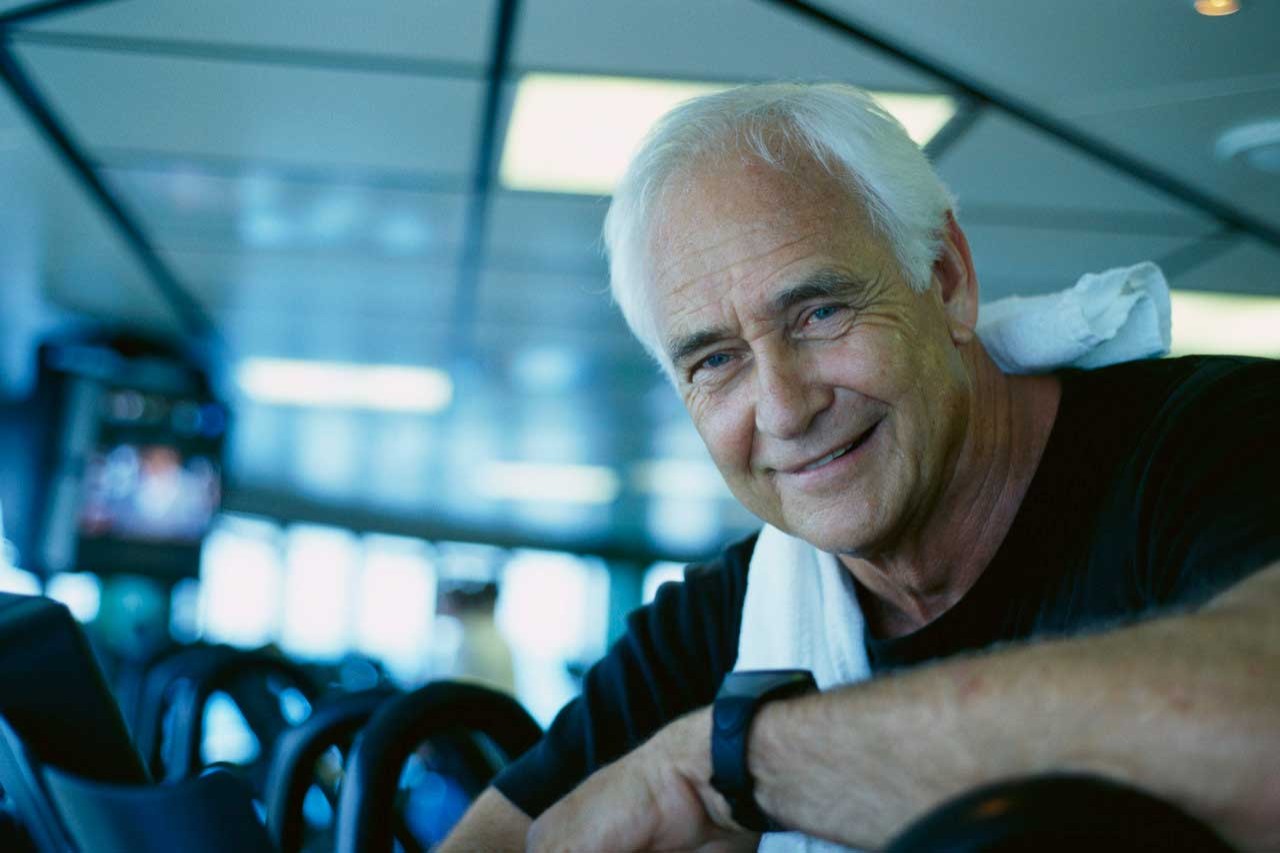How to Keep Your Independence as You Age

Exercise and staying mentally sharp are keys.
If you’re concerned about maintaining self-reliance as you hit the golden years, it takes action. The sooner you start, the better off you’ll be.
There is no doubt that sustained exercise is the cornerstone on which your continued independence is built. It strengthens and sustains your physical and mental health.
A 2014 study of older adults ages 70 to 89 who were at risk of disability found that a “carefully structured” program of physical activity helped them maintain their mobility. Participants improved their ability to walk for up to a quarter mile.
“Participating in a specific program of aerobic, resistance, balance, and flexibility training activities can have substantial positive benefits for reducing risk of mobility disability,” said Richard J. Hodes, MD, director of the National Institute on Aging (NIA). Exercise also reduces the risk of falls and fractures.
Another study that focused on ways to reduce cognitive decline as you age noted that exercise may improve higher-level brain functions such as planning, perception, and selective use of sensory information to make decisions.
Still, you need to add determination to the equation. Despite the known benefits of exercise and physical activity, only about “30 percent of people ages 45 to 64 say they engage in regular leisure-time physical activity,” according to the National Institutes of Health.
The percentage falls as you age, down to 25 percent of people ages 65 to 74 and 11 percent age 85 and older.
“Even if you haven’t been active previously, it’s important to get started and stay active,” Hodes says. “We know that people want to live independently for as long as they possibly can.
“By exercising regularly and including more physical activity in their daily routine, older people can preserve their physical function, which is key to doing the everyday things they want to do.”
To get you going, the NIA developed a program called Go4Life. It describes the four types of exercise you need for full independence and shows you examples.
All are aimed at either helping you maintain your daily activities — such as climbing stairs, mowing the lawn, and carrying groceries — or preventing falls that can cascade into severe disability.
While exercise can help you maintain your brainpower, it’s wise to supplement physical activity with mental challenges.
One study found, for example, that when older adults played a specialized 3-D video game their ability to focus and multitask improved. The participants were ages 60 to 85.
“The finding is a powerful example of how ‘plastic’ the older brain is,” said study leader Adam Gazzaley, MD, PhD, of the University of California, San Francisco.
In addition, sleep and diet are “important parts of improving your brainpower,” says Fiona Gupta, MD, a neurologist and medical director of the Deep Brain Stimulation program at the Movement Disorders Center, Hackensack University Medical Center.
Another important factor is your social network. Several studies have reported that social interaction among older adults can help prevent disease and mental decline, while boosting happiness.
If disease and a decline in your health does affect your mobility and the ability to do things for yourself, advances in assistive technology have made it easier for you to get around and maintain your everyday life in your own home.
More than half of the older adults in a Consumer Reports survey said they want to remain in their homes, “with help as needed.”
“The time to think about your housing options is when you first retire and are relatively healthy and young,” Linda Fodrini-Johnson, a geriatric-care manager in Walnut Creek, Calif., told the consumer watchdog group. “You need to think realistically about the things that might happen over the next 20 years.”
There’s a wide variety of mobility aids available today such as scooters and stair lifts. There also are all sorts of devices that can make daily activities around your house easier, from raised toilet seats to grab bars and extenders that help you reach items in cabinets and closets.
It’s important, though, to talk with your doctor, an occupational therapist, or experts at a home healthcare store that sells a variety of mobility aids. You need to know how to use every device properly and safely.
There’s a lot to think about. To make sure you cover every aspect of aging that will contribute to your independence, use a checklist.
Remember, we all get old, but it just might be something worth laughing about. A study that considered the role of “coping humor” in the physical and mental health of older adults found that it reinforces your ability to get up and go, whatever your challenges.
Updated:
April 07, 2020
Reviewed By:
Christopher Nystuen, MD, MBA